Washington, D.C., Jan 23, (V7N) - On his first full day in office, President Donald Trump wasted no time in implementing significant policy changes. Among the sweeping actions, Trump ordered the immediate shutdown of all diversity, equity, and inclusion offices across the federal executive branch. He also directed that all employees working in those offices be placed on leave, effectively halting their operations. This move aligns with Trump's campaign promises to eliminate what he described as "wasteful" government initiatives.
In a move that generated significant attention, President Trump also revoked the Secret Service protection for former U.N. Ambassador John Bolton, who had served as Trump's national security adviser during his first term. Bolton, who has remained a vocal critic of Trump, had received Secret Service protection due to his high-profile roles in the U.S. government. The revocation of this protection indicates the administration’s stance on distancing itself from former officials who have publicly criticized Trump.
Alongside these actions, President Trump also made a significant announcement related to artificial intelligence. He revealed plans for private sector investments of up to $500 million to help build and enhance the United States' artificial intelligence infrastructure. This initiative aims to position the U.S. as a leader in AI development, which is seen as a critical technological frontier for the future.
In another major policy move, President Trump took action to redesignate the Houthis, the Shia Islamist rebel group active in Yemen, as a Foreign Terrorist Organization (FTO). This designation had initially been made during Trump’s last term in office in January, but was reversed by former President Joe Biden shortly after he assumed office in order to facilitate humanitarian assistance to Yemen. The Biden administration's delisting of the group was controversial, as the Houthis have been linked to attacks on commercial shipping and were seen as a significant destabilizing force in the region.
However, with Republicans strongly advocating for a tougher stance on the Houthis, President Trump signed an executive order on Wednesday to reinstate the group's designation as a Foreign Terrorist Organization. This designation will become effective in 30 days, marking a key shift in U.S. policy toward Yemen. The designation is based on the Houthis' continued military activities, which have included attacks on U.S. personnel, civilian targets, and maritime shipping in the Red Sea. The Houthis have been supported by Iran, which has increased tensions in the region.
Trump's decision to redesignate the Houthis as a terrorist group aligns with his administration's broader approach to counterterrorism, which seeks to work closely with U.S. regional partners to eliminate the Houthis' military capabilities and resources. The administration aims to deprive the group of any support that could allow it to continue its violent campaign in Yemen and beyond.
Furthermore, the Trump administration has announced that it will sever ties with groups or entities that have made payments to the Houthis or that have opposed international efforts to counter the group's actions. This is part of a broader effort to hold individuals and organizations accountable for their involvement with the group, which the U.S. government views as a destabilizing force in the Middle East.
The U.S. government’s actions reflect a return to a more aggressive stance toward the Houthis, a move that is likely to have significant implications for U.S. foreign policy and the ongoing conflict in Yemen. Critics of the decision argue that it could complicate efforts to achieve a peaceful resolution to the conflict and may further exacerbate the humanitarian crisis in Yemen. Nevertheless, Trump’s decision underscores his administration's commitment to confronting groups it deems as threats to U.S. national security and regional stability.
This designation also has implications for U.S. relations with Iran, which has been accused of supporting the Houthis in their ongoing battle against the Yemeni government and a Saudi-led coalition. By reinstating the terrorist designation, Trump is signaling that his administration will continue to take a hardline approach to Iran's regional influence.
While the Trump administration's policies on Yemen and the Houthis have been met with mixed reactions, the decision to redesignate the group as an FTO sends a clear message that the U.S. intends to take a firm stance against entities that threaten American interests and regional stability. With the Houthis’ designation set to become official in the coming weeks, the Biden administration will likely face pressure to decide how it plans to engage with this key issue as it navigates the complexities of Middle East diplomacy and security.
END/SMA/NYC/AJ/



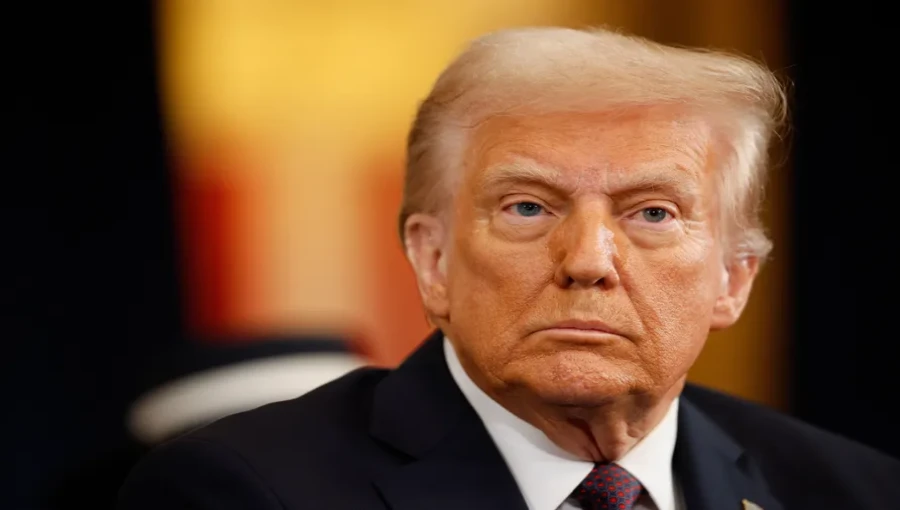

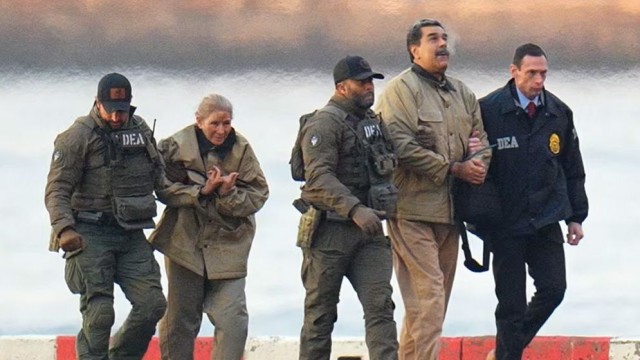
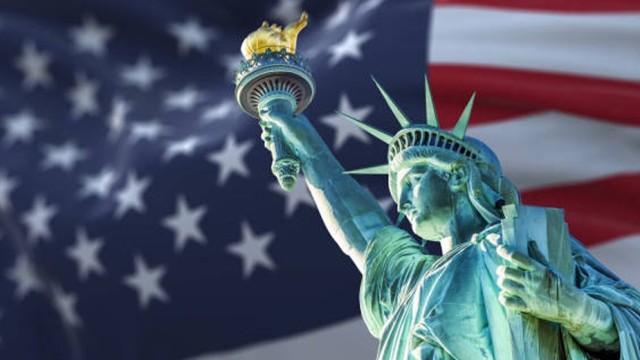
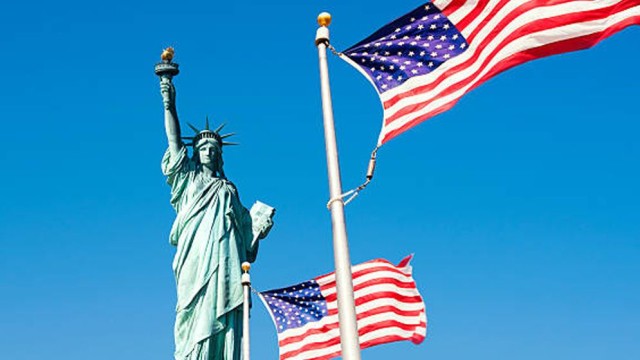
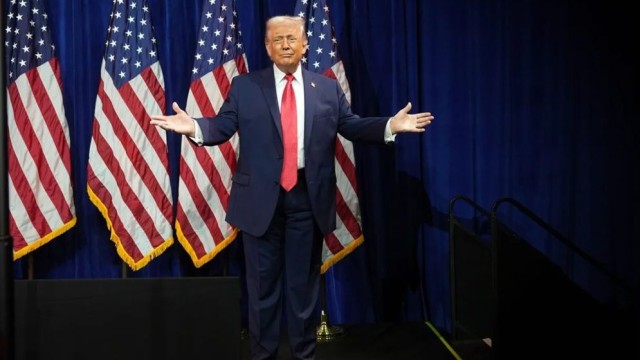
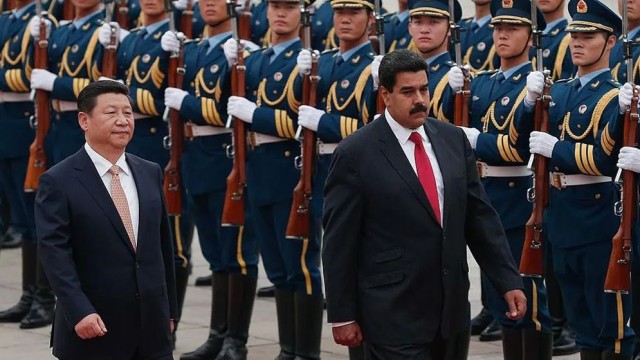

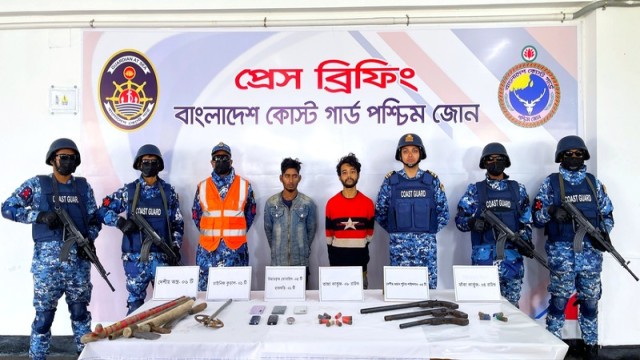


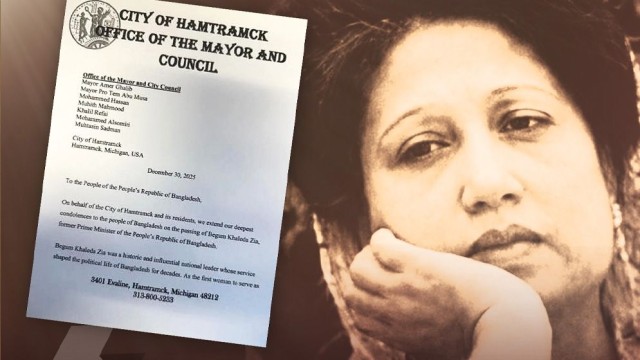

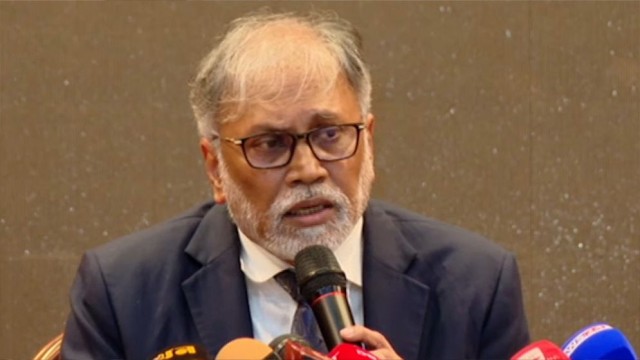
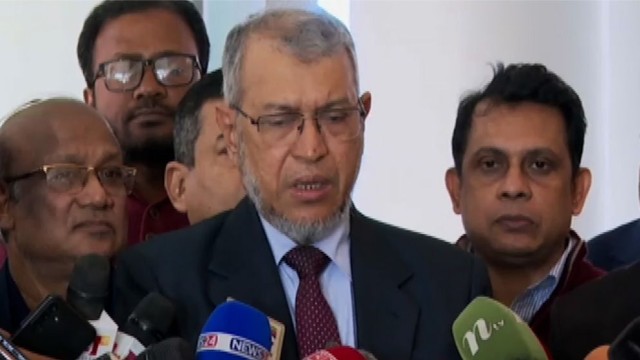



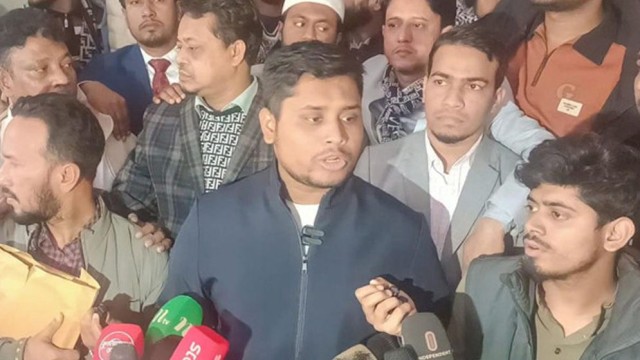
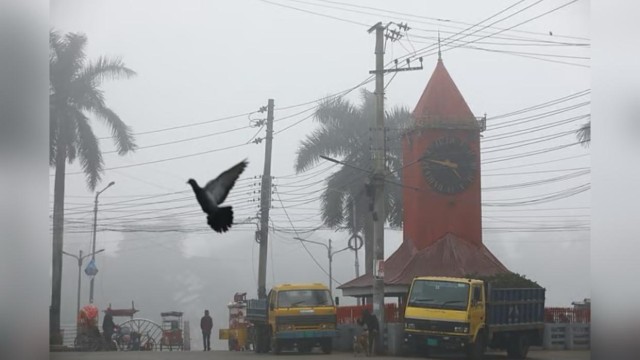





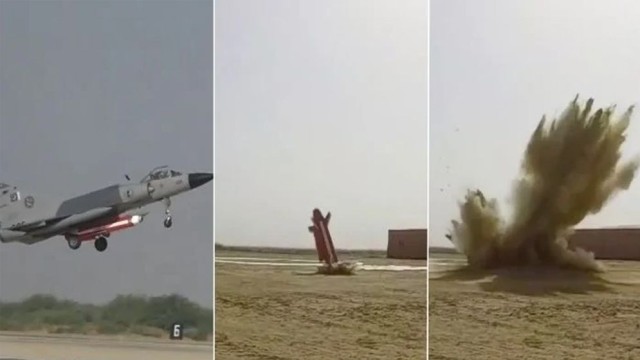

Comment: